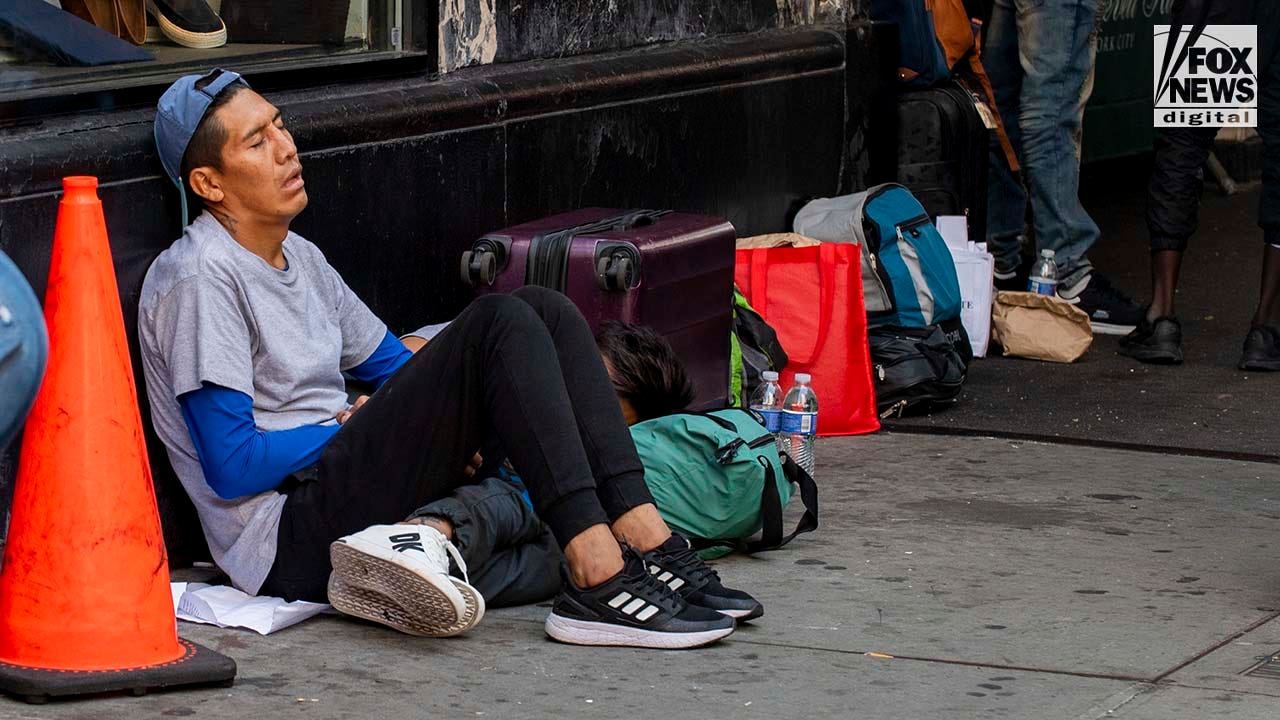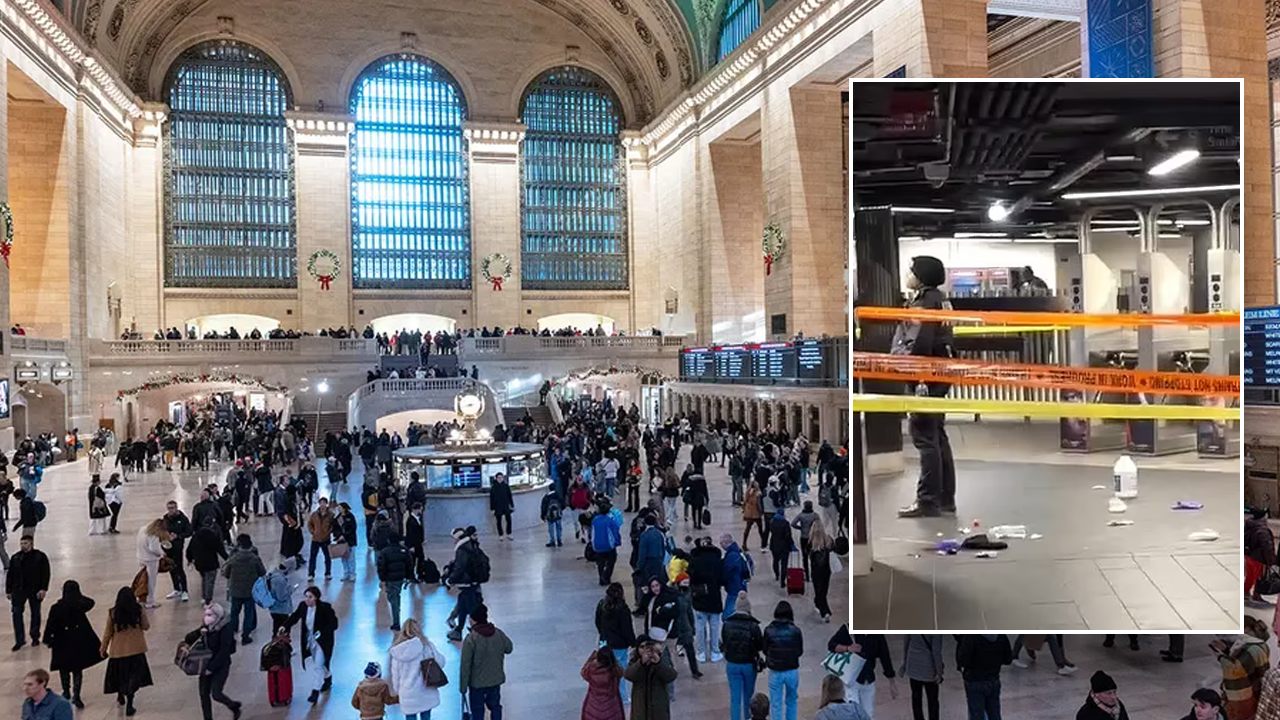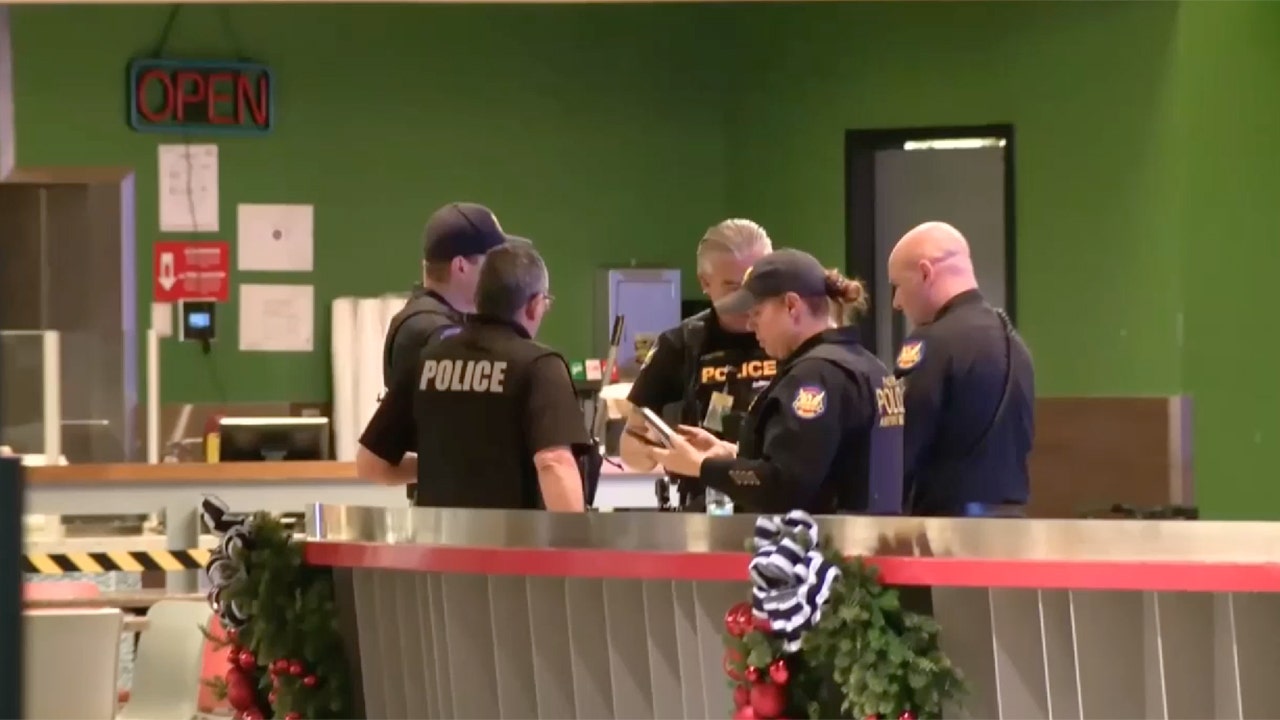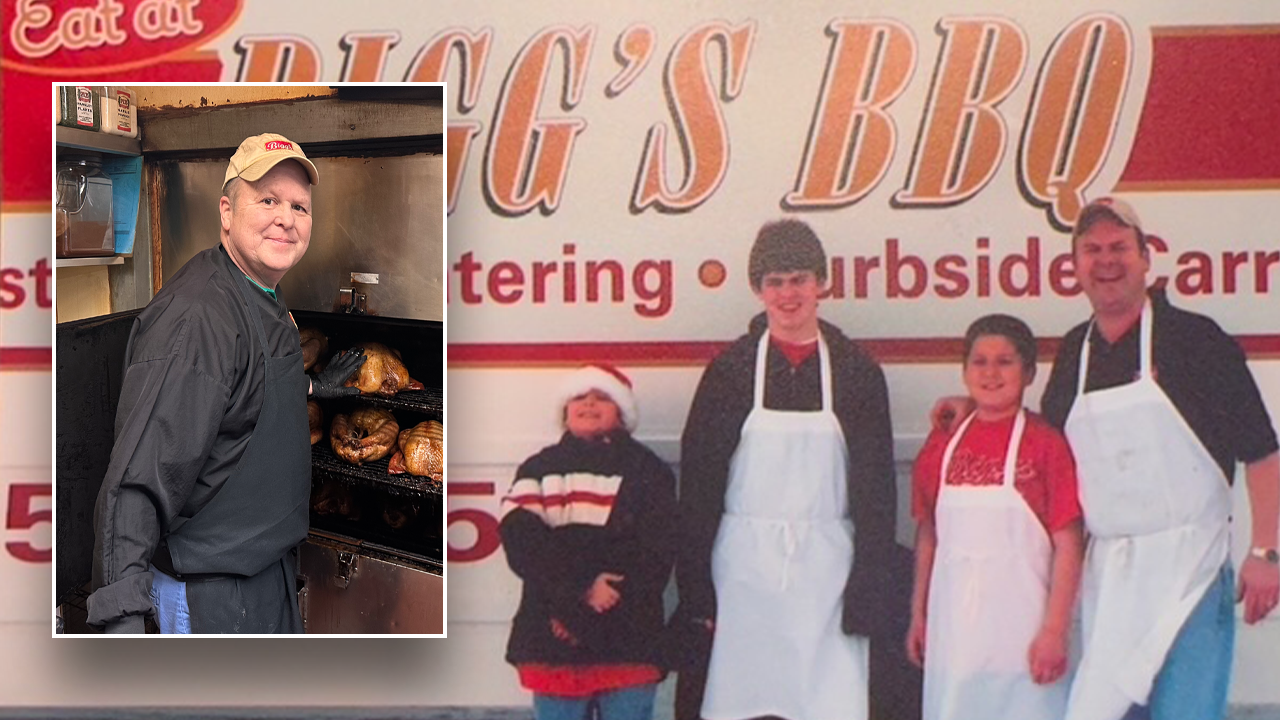A Brooklyn homeless shelter worker was fatally attacked outside the facility on Thursday evening, according to law enforcement officials.
The shocking event occurred at a Days Inn hotel repurposed into a shelter along East New York Avenue, situated in the heart of Brownsville.
The unidentified victim, just 35 years old, was assaulted shortly after 6:20 p.m. In a desperate attempt to find help, he staggered back inside the building, but his injuries were grave. Multiple stab wounds to his neck and abdomen led to a scene of chaos in the lobby, where he was found bleeding heavily. Medics rushed him to Brookdale Medical Center, but sadly, he was declared dead shortly after arriving.
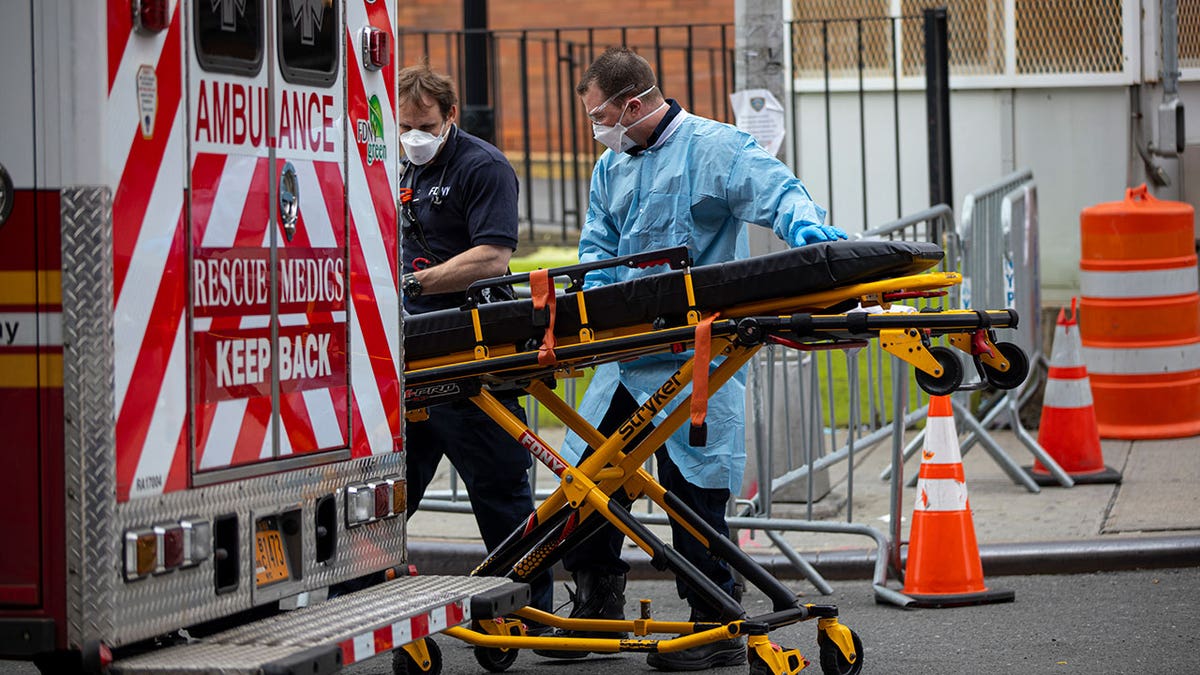
Authorities are in pursuit of a male suspect described as wearing dark clothing, a baseball cap, and a ski mask, details that add a layer of urgency and foreboding to this already tragic event.
At this time, the motive behind this horrific attack remains unclear; however, the area has seen an alarming spike in violence as multiple hotels have been converted into shelters over recent years. These changes have not come without consequence, as the neighborhood wrestles with increasing incidents of violent crime.

A local resident spoke candidly with the New York Post, noting, “They turned all the hotels around here into shelters during COVID. There are four or five more around here. A lot of stabbings. A lot of trouble.” Such statements echo the fears that permeate the community, illuminating a landscape where safety seems increasingly uncertain.
The streets of New York City are grappling with a dramatic rise in crime, compounded by the arrival of countless individuals seeking refuge in the city. Mayor Eric Adams has openly voiced concerns regarding the federal government, claiming that the influx of new migrants has stretched the city’s resources to their limits.
Since April 2022, approximately 220,000 migrants have made their way to New York, with over 58,000 relying on taxpayer support to meet their basic needs, according to City Hall reports. This crisis is not just a statistic; it’s a human story unfolding in real time, one that desperately calls for empathy and solutions.


